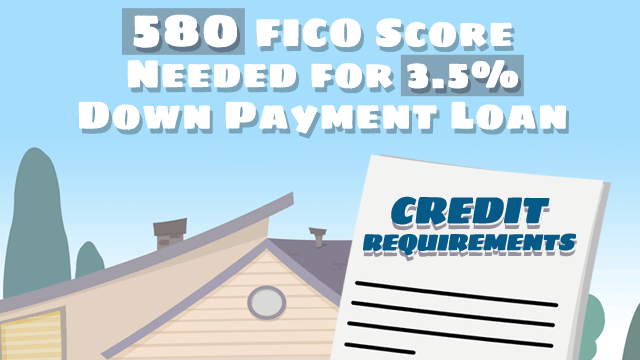Subprime Mortgages vs. FHA Loans
February 27, 2025
Facts and Fiction About Subprime Mortgages
Subprime mortgages are designed for borrowers with less-than-perfect credit histories. This might include past issues like late payments, loan defaults, or bankruptcy.
Lenders classify these borrowers as higher risk because they are statistically more likely to default on their loan. Several factors can lead a lender to offer a subprime mortgage.
Low credit scores, generally below lender-defined thresholds, are a major factor. Another red flag is a history of missed or late payments on other loans.
A high debt-to-income ratio, meaning you owe a lot compared to what you earn, can also contribute. Job loss or significant medical expenses can also negatively impact your creditworthiness and make you appear riskier to a lender.
Interest rates on subprime mortgages are significantly higher than those for conventional, VA, FHA, or USDA loans. Lenders protect themselves against the increased risk they take on by lending to people with weaker credit by charging higher rates.
The higher interest rate translates directly to higher monthly payments and a greater overall cost over the life of the loan. Some subprime loans also come with adjustable interest rates, which means your payments could go up unexpectedly.
Another potential drawback is that some subprime mortgages include prepayment penalties, making it expensive to refinance or sell your home before the loan term is up.
The key is to carefully evaluate all the terms and compare them to every other available option. Don't rush into anything without understanding the full picture.
FHA Loans
The Federal Housing Administration insures FHA loans. These loans are designed to make homeownership more accessible, especially for first-time homebuyers and people with limited financial resources.
One of the biggest advantages of FHA loans is that they generally have more flexible credit and income requirements than conventional loans. If you've been turned down for a conventional loan in the past, or if you're worried about qualifying, an FHA mortgage is worth exploring.
Another benefit is the lower down payment requirement. FHA loans often require a down payment of just 3.5% of the purchase price for borrowers with good credit.
Even those with FICO scores below 580 may still qualify with a 10% down payment, which is often much lower than what conventional loans require. This lower down payment makes homeownership a realistic possibility for people who haven't been able to save a large sum of money.
FHA loans are also more forgiving when it comes to credit scores. While specific requirements vary from lender to lender, you might still qualify for an FHA loan even with a less-than-perfect credit history.
FHA lenders also tend to be more flexible with debt-to-income ratios. They understand that many borrowers, especially younger ones, have significant debt, like student or car loans. So, they may allow for higher debt-to-income ratios than conventional lenders.
This can be a huge help in getting approved. FHA loans can be used to purchase various property types, from single-family homes and townhouses to condos and even manufactured homes.
It's a common misconception that FHA loans are only for low-income borrowers. While they are designed to be more accessible, people across various income levels can qualify. It's also a myth that FHA loans are always the best choice for first-time buyers. It's crucial to compare FHA loans with conventional loans and any other available options to find the best fit for your individual needs and financial situation.
Key Differences
- Subprime: For significant credit challenges, higher risk.
- FHA: Government-backed, flexible requirements, lower down payments.
- Not interchangeable for different financial situations.
Talking to a qualified financial advisor or a reputable mortgage professional is always a good idea. They can help you assess your circumstances and guide you toward the best path to homeownership.

FHA Loan Articles
October 17, 2024Buying a home is one of the most significant investments Americans make. Understanding how to strengthen your credit profile and leverage the power of credit counseling is essential for successfully navigating the FHA loan process. What should you know about your credit to make the most of your home-buying journey?
March 13, 2024There are plenty of reasons to delay plans to refinance a home. One reason has made big headlines. When borrowers face higher interest rates than originally approved for, that is a good reason to wait to refinance.
February 12, 2024When you are approved for an FHA One-Time Close Construction loan, you get a single loan that pays for both the costs to build the house, and serves as the mortgage. One application, one approval process, and one closing date.
November 22, 2023In the last days of November 2023, mortgage loan rates flirted with the 8% range but have since backed away, showing small but continued improvement. What does this mean for house hunters considering their options to become homeowners soon?
November 4, 2023In May 2023, USA Today published some facts and figures about the state of the housing market in America. If you are weighing your options for an FHA mortgage and trying to decide if it’s cheaper to buy or rent, your zip code may have a lot to do with the answers you get.







